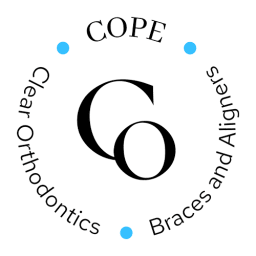
2024

Best Orthodontists
Find a Top-Ranked Orthodontist Near You
We did the research for you!
- Licensing
- User Reviews
- Mystery Shopping Calls
Learn about our selection process.
Top Orthodontists
= Featured Provider
New York, NY
Jennifer Stachel Orthodontics
New York, NY 10019Amazing Smiles Orthodontics
100-25 Queens Boulevard, Queens, NY 11375Lemchen Salzer Orthodontics
553 Park Ave, New York, NY 10065
Los Angeles, CA
Kahan Orthodontics
Tarzana, CA 91356Orthospaceship - Hakim Orthodontics
9201 Sunset Blvd Suite 905, Los Angeles, CA 90069Kwon Orthodontics
Los Angeles, CA 90010
Chicago, IL
Royal Dental Care
Norridge, IL 60706Carol Stream and Elgin Dental Associates
Carol Stream, IL 60188Braces by Barnes
Chicago, IL 60619
Brooklyn, NY
Midwood Orthodontics
Brooklyn, NY 11230Dental Specialists of New York
Brooklyn, NY 11220Brooklyn Heights Orthodontics
Brooklyn, NY 11201
Houston, TX
Elara Orthodontics
16733 West Airport Boulevard, Richmond, TX 77407Cooper Orthodontics
Houston, TX 77007Kingwood Orthodontics
Kingwood, TX 77345
Phoenix, AZ
E&S Orthodontics
2632 South 83rd Avenue, Phoenix, AZ 85043Scottsdale Orthodontic Care
Scottsdale, AZ 85254Blue Orthodontics
Phoenix, AZ 85015
Philadelphia, PA
Orthodontics Limited
Philadelphia, PA 19115Appel Orthodontics
Philadelphia, PA 19115Springfield Orthodontics
Springfield, PA 19064
San Antonio, TX
Cochran Orthodontics
San Antonio, TX 78216Culebra Smiles and Orthodontics
San Antonio, TX 78253Stone Creek Orthodontics
San Antonio, TX 78258
Dallas, TX
Fusion Orthodontics & Children's Dentistry
Dallas, TX 75252Highland Park Orthodontics
Dallas, TX 75225Cope - Clear Orthodontics
Dallas, TX 75205
San Diego, CA
Gilmore Orthodontics
San Diego, CA 92131MOD Squad Dental
San Diego, CA 92131Dr.Melanie Orthodontics
10432 Reserve Dr #114, San Diego, CA 92127































